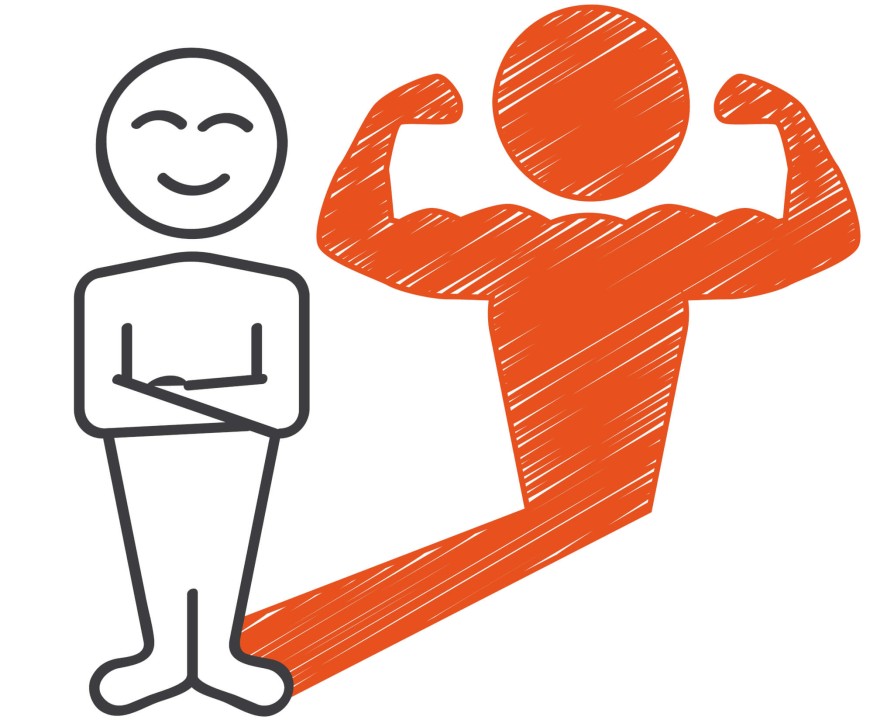
Building Confidence
Sometimes when we do something new, we struggle with our confidence. However we move to overcome our fears with the knowledge we have overcome challenges in the past. We bring with us the courage we need in order to take the leap of faith required.
To build confidence, go to where you have none. Being confident is not the same as comfortable. A common misconception is that becoming self-confident means living fearlessly. The key to building confidence is quite the opposite. It means we are willing to let fear be present as we do the things that matter to us. When we establish self-confidence in something, it feels great. We want to hold on to it. However if we only go where we feel confident, then confidence never expands beyond that.
When you are trying to build self-confidence, it is a process of building self-acceptance, self-compassion and learning the value in vulnerability and fear. It is often a balancing act that doesn't feel easy. Some of the main ingredients for that leap of faith we need for stepping into "growth" zone are:
- Recognition that you an improve with effort;
- Willingness to tolerate the discomfort of being vulnerable;
- The commitment to yourself that you always have your own back, and do the best by yourself whether you succeed or fail. This means embracing self-compassion as a life practtice and being your own coach, not your worst critic;
- To build confidence, we don't have to live in fear. We have to develop a daily pattern of stepping into fear, sitting with it, and stepping back out, giving ourselves time to recover and replenish ready for tomorrow.
If mistakes and failures lead to an on-slaught of self-attack, do not let any of it go unchecked. Professional sports-people have professional coaches for a reason. In day-to-day life we don't have that, so we must be the voice for ourselves. The natural emotional response to failure influences our thoughts and makes us more vulnerable to self-criticism. So we can't always stop it, but we can respond to it with an alternative that serves us better. To build confidence, you have to get to work being your own coach instead of your own worst critic. This includes responding to failure in a way that will help you get yourself back up, and get yourself back out there again.
A professional coach would not bully you with words. They bring honesty, accountability, unconditional encouragement and support. They are in your corner, whatever the score, with your best interests at heart. Doing that for yourself is not always easy, but is a life skill that we can improve on with practice.
An ideal technique to boost your confidence is to use the "perfect nurturer" tool. It was developed by Paul Gilbert and Deborah Lee and used in Compassion Focused Therapy (CFT). It can be a helpful way to turn your focus towards the self-talk you need when building your confidence.
This is how the "perfect nurturer" works:
- Create an image in your mind of the perfect nurturer or coach (this can be real or an imaginary person);
- Imagine you are sharing with them what you are currently facing, how yiou feel about it and what you want to work on;
- Take some time to imagine in detail how that perfect nurturer or coach might respond, and write it down. This sets the tone for the words you can start using to respond to yourself as you work on building your own confidence and inevitably face vulnerability along the way.
Ref: Why Has Nobody Told Me This Before? by Dr. Julie Smith